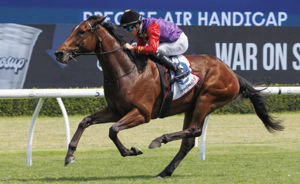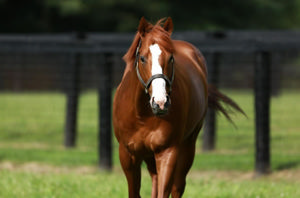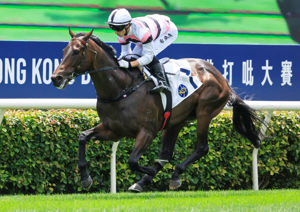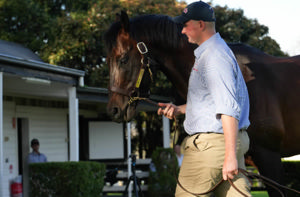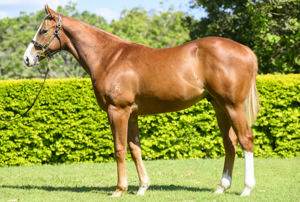Not surprisingly, at this time of the tax year our office is generally very busy either advising or completing tax returns for new horse business start-ups.
Most of our new clients already hold stock and convert from being "hobby" players to a legitimate income tax "business", many from owning the stock individually as hobbyists, then converting that stock to a business also in their own name, or, transferring their stock over to a new partnership business (say with a spouse or external partner). This article will specifically focus on these arrangements, not situations where an individual hobbyist starts up a new horse business in a new entity, such as a company or trust.
At this conversion point, there is a crucial tax concession that is available and, regrettably, often overlooked by many advisers we come across. This rule is found in the trading stock provisions (Section 70-30) and applies to this very instance where a new business holds trading stock (i.e. mares, foals, stallion shares etc) for "the first time" .
Without trying to be overly technical, this rule relates to where an item which is already owned by the taxpayer (but is a hobby asset and not held as trading stock) starts being held as "business" trading stock by that same taxpayer. In this case, the taxpayer is treated as having sold the item at either cost or market value (at the taxpayer's election), and as having reacquired it for the same amount . This has the effect that a deduction is allowed to the taxpayer (new business) for the cost or market value of the item at the time of the change, being a deduction for the cost of acquiring trading stock.
What are the main tax benefits of this rule?
If a successful racemare, acquired for $10,000 or less, is later transferred to a new horse breeding business, it can be elected that she is "acquired" by that new business for her market value, which could easily be in the hundreds of thousands. As the racemare would be a "personal use asset" for CGT purposes and she was acquired for $10,000 or less, there would be no CGT payable by the individual business owner when doing this. The new business would benefit by acquiring the racemare for a high market value;
Even if this racemare cost over $10,000, there is still a tax planning benefit of bringing her in at a market value and, thus, paying some CGT on this transfer. The benefit in this instance will only occur if the racemare was held for at least 12 months and, thus, the general 50% CGT discount arises on this 'disposal' to the new business; and
Conversely, we may have an unsuccessful racemare that cost, say, $200,000 as a yearling filly, but due to her type and pedigree, she is going to be part of a new horse breeding business for that owner.
Though her market value may have plummeted to, say, $50,000, the owner can elect to bring her in at her $200,000 "cost" to the new business, not at her current soft market value.
Note – this rule can also be applied to, say, stallion interests that have a high market value at the end of their race career, that are transferred to a new horse business. As noted above, the greatest benefit will be where a hobbyist bought into the stallion (most likely as a yearling colt) for $10,000 or less.
ATO Market Value guidelines
If market value is elected under this rule, there are ATO guidelines you should be mindful of.
The acceptability of a valuation for tax purposes usually depends on the valuation process undertaken rather than who conducted it.
Depending on the situation, a market valuation may be undertaken by a:
registered valuer;
member of arecognised professional valuation body;
director, for balance sheet purposes; and
person without formal valuation qualifications whose assessment is
based on reasonably objective and supportable data.
Please don't hesitate to contact the writer if you wish for me to clarify or expand on any of the matters raised in this article.
DISCLAIMER
Any reader intending to apply the information in this article to practical circumstances should independently verify their interpretation and the information's applicability to their circumstances with an accountant or adviser specialising in this area.
PAUL CARRAZZO CPA
CARRAZZO CONSULTING CPAs
801 Glenferrie Road, Hawthorn, VIC, 3122
TEL: (03) 9982 1000
FAX: (03) 9329 8355
MOB: 0417 549 347
E-mail: paul.carrazzo@carrazzo.com.au
Web: www.carrazzo.com.au

